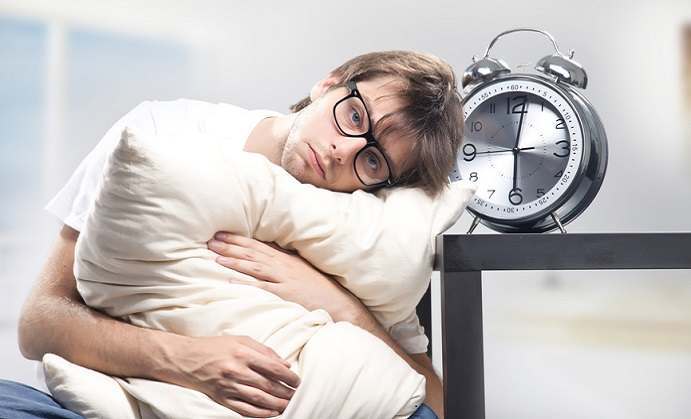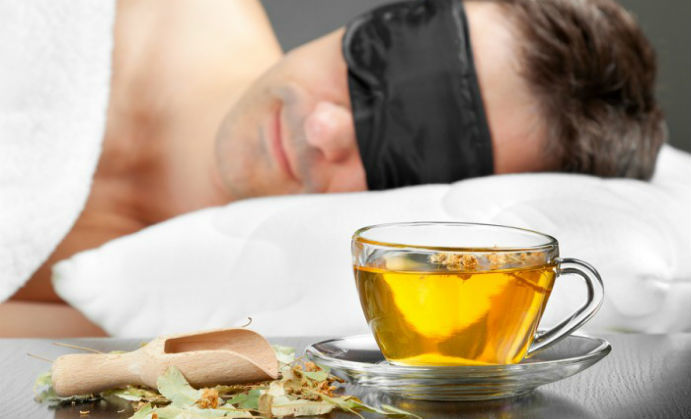Sleep Hygiene is Important but not Enough
Sleep experts have come up with the name sleep hygiene to describe a variety of behaviors or habits that affect sleep. I was somewhat surprised when I heard it for the first time because I had never thought of insomnia as a cleanliness problem. After searching for the word, I realized that hygiene refers to all practices that involve maintaining health. It is more than just washing one part. I believe you are not ignorant like me. I believe you already know this. Do you have any idea about the ideal sleep hygiene? The following are the key sleep hygiene practices.
 Wake up in the morning and sleep at night at the same time on a daily basis. This includes weekends.
Wake up in the morning and sleep at night at the same time on a daily basis. This includes weekends.- Do not take daytime naps, especially when you suffer from insomnia.
- Have a regular program for doing physical exercise.
- Exercise when the day is still young. Leave at least 5 or 6 hours before going to bed.
- Do not take heavy meal during dinner. Moreover, avoid taking snacks at late night.
- Do not take drinks or foods containing caffeine like chocolate, coffee, and some soft drinks.
- Do not read, watch TV, or work in bed.
- Always ensure that the ambiance of your bedroom is relaxing, noiseless, and soothing.
- Expose yourself to adequate sunlight. Persons who work at night can use bright light therapy.
- Establish a pleasurable routine before sleeping.
- Do not engage in exciting or upsetting activities before sleeping such as watching TV, local news, or movies. Moreover, avoid lively discussions or arguments.
- Keeping a diary can help you understand the source of your condition and your response to the condition.
It is crucial to know that every sleep-related behavior or habit needs attention. You will not be able to cure the condition by focusing on one thing. Consider combining all the listed practices to see the expected changes.
Sleep Hygiene Drawbacks
 Although sleep hygiene is sensible, it is just one of the available cures for insomnia. Emotional and mental causes (except avoiding exciting and upsetting activities) have been ignored despite being the key causes. Professional websites also tend to ignore all behaviors that develop over a certain period. The same duration may be required to change them. Therefore, if you slack off after starting a hygiene program, you are likely to give up. Many lifestyle habits including thinking interfere with your sleep. There is a need to commit to change by giving it the required time or effort.
Although sleep hygiene is sensible, it is just one of the available cures for insomnia. Emotional and mental causes (except avoiding exciting and upsetting activities) have been ignored despite being the key causes. Professional websites also tend to ignore all behaviors that develop over a certain period. The same duration may be required to change them. Therefore, if you slack off after starting a hygiene program, you are likely to give up. Many lifestyle habits including thinking interfere with your sleep. There is a need to commit to change by giving it the required time or effort.
Another drawback of sleep hygiene is that people who advise others to use this technique only say what should be done rather than how to make it work. Making a list of things to be done is easier than implementing them. Know-how is as important as patience and effort.
In summary, you may experience sleep problems at night even after practicing sleep hygiene because of failure to identify the major sources of your condition. Some major causes include excessive worrying, sleep anxiety, and nervous system hyperarousal. Following a program does not provide a complete solution for chronic insomnia. Nevertheless, it is a good start. It is the reason behind my efforts to develop this site. I will add more information about insomnia and ways of dealing with it. In conclusion, a good hygiene program should have systematic steps to address chronic insomnia.
Do you want to find an effective Insomnia treatment? Check out our top rated Insomnia products











